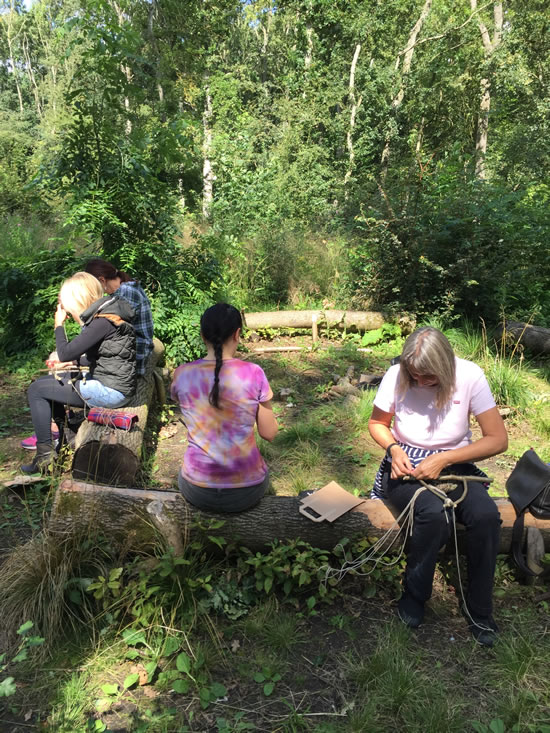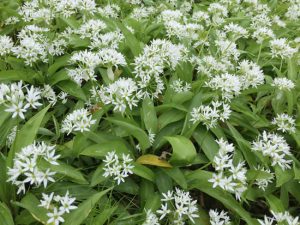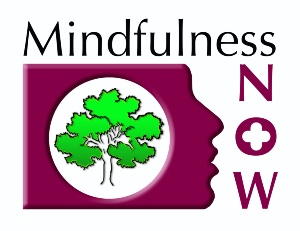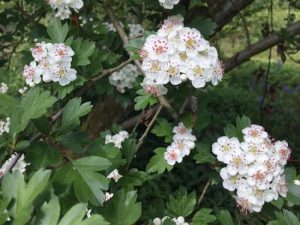Training for the brain
Mindfulness is a type of mind training with the objective of cultivating greater focus on what’s happening ‘right now’, as opposed to having our state of mind buffeted by what’s happened in the past (rumination) or we think may happen in the future (anxiety). We cannot change the past, we cannot predict the future, but we can learn to enjoy the present moment, as it is right now, in this very moment and moment to moment.

How happy are you?
Often, when we ask someone “are you happy” it may be something that they will automatically answer yes to, but sometimes the way that they say “yes” doesn’t fill you with confidence that this is what they really mean.
Happiness may be thought of as, “if only I had this, or that, I’d be happy”. Do you sometimes or often think this way?
None of us are immune to this line of thought but at the same time we all know that the achievement of ‘whatever it is’ will rarely lead to true happiness.
Happiness is much more elusive than being on the end of achieving something you’re striving for. Happiness is so much more to do with what is going on inside us than what is going on outside.
“Our life is shaped by our mind, for we become what we think”
Buddha
“As soon as we wish to be happy we are no longer happy”
Walter Landor.
It’s said that we spend 80% of our time in our heads and it’s also said that we can only be truly happy when we’re living in the present moment. So, if we accept that fact it means we can only be truly happy for 20% of the day!
Greater awareness about what’s going on inside of us, gained through cultivating mindfulness, can help us discover what we really need to make us happy.
Do you live on auto-pilot?
It’s said we spend 47% of our day on auto-pilot (Harvard Gazette 2010), doing something while our mind is thinking about something completely different.
The one that most people can relate to is the scenario of arriving at a destination in the car and realising you just did it while your mind was elsewhere, for a significant part of the journey!
Our attention is often absorbed in our wandering mind, so much so that we are not actually really ‘present’ in our own lives !
“The present is the only time that any of us have to be alive – to know anything – to perceive – to learn – to act – to change – to heal”
Jon Kabat Zinn (1996)

What the scientists say
Scientific studies show that engaging in regular meditation can reduce stress and anxiety, improve memory and attention span, boost the immune system and deliver significant benefits to those suffering from physical illness or mild depression.
Research has proved that practicing mindfulness can positively benefit the way people think and react to stressful thoughts, emotions, people and events. Practicing mindfulness can reduce underlying day-to-day stress and anxiety.
Learning mindfulness encourages neuro-plasticity (brain flexibility), developed through regular mindfulness practices that develop new neural pathways in the brain. Basically, mindfulness trains the brain in new habits of less negative and more positve thinking.
The new neural pathways (positive ways of thinking) can then replace habitual, unhelpful reactions you’re experiencing at the moment in response to stressors (thoughts, situations or people).
Through engaging with mindfulness you’ll learn, amongst other things, that thoughts are not facts. What ‘is’ real is what is happening right now, in this moment and that is where you’ll place the focus of your attention, more than you probably do at the moment?
The benefits to you
Mindfulness is perhaps best thought of as a discipline to be learned, a ‘way of being’ you cultivate that can deliver considerable wellbeing benefits.
Practicing mindfulness can give you the opportunity to find a way to be at home in your own skin and to be in a wiser communication with what’s happening in your life.
Mindfulness can be a life-saver, in more ways than one.
See if mindfulness is for you by following a Resilio course









